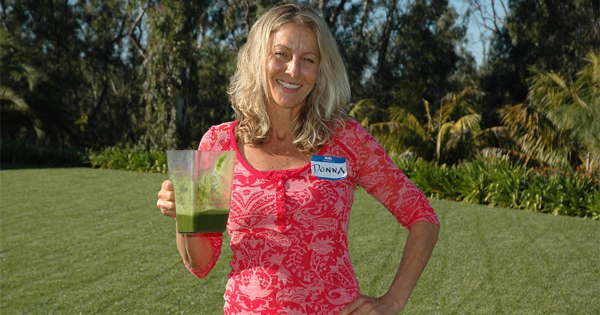Advertisement
In January 2010, Donna Pitt had a wide excision and was told within the following week that she had breast cancer. According to Pitt, “the nurse went into this rant about [her] treatment options.”
Pitt had stage 0 ductal carcinoma in situ (DCIS), the most common type of non-invasive breast cancer. According to research, less than 50% of DCIS cases progress into invasive forms of breast cancer. Low-grade cases of DCIS are least likely to occur after excision, and high-grade cases may come back if the patient doesn’t undergo radiotherapy or a mastectomy.
The nurse told Pitt that she had an “intermediate grade” DCIS, and “that the treatment was a mastectomy or a partial mastectomy, plus seven weeks of daily radiation.”
When Pitt first received the news, she wasn’t ready to commit herself to such an intensive treatment schedule quite yet, so she decided to seek the advice of other specialists.
But they all gave her the same advice.
“I was completely blindsided,” Pitt described. “You're just literally in shock. And women are being given this diagnosis, being scared out of their minds, and are told to schedule all these appointments and make these decisions overnight.”
Pitt went home that night and emailed her close friends and family to announce the news – and also to ask for their advice.
One of her friends responded almost immediately. As a holistic health practitioner, she was adamantly against Pitt agreeing to undergo such invasive treatment for an intermediate grade, non-invasive cancer.
This friend ultimately advised Pitt to take a “wait and see” approach. The only thing Pitt would do was adopt a cleaner eating plan and monitor the cancer to make sure it didn’t spread.
A month later, Pitt’s MRI scans were the same as before – there was nothing new of concern, but her doctors continued to press invasive treatment methods onto her. “You’re backed into a corner because of unknowns,” she explained. “My doctor said, ‘Don’t be stupid. Just do radiation at least.’ They called me stupid.”
It took Pitt several months of this – getting MRI scans and being bullied by her doctors – before she was able to find a doctor who agreed with her “wait and see” treatment method. They even went as far as saying, “We shouldn’t call [a case like this] cancer.”
For women with cases like these, doctors should more commonly employ the Van Nuys prognostic index (VNPI) to determine a patient’s risk of recurrence without radiation. After this is calculated, women can then decide which treatment method best suits them and their bodies’ needs.
Six years on, Pitt is still using her “wait and see” approach. Her cancer hasn’t spread, and she continues to just monitor its status each month. She’s hoping that her story will encourage other women to take a stand for what they believe to be right for their bodies. "I know my own body, and I believe strongly that intuition is also very powerful," she says.




